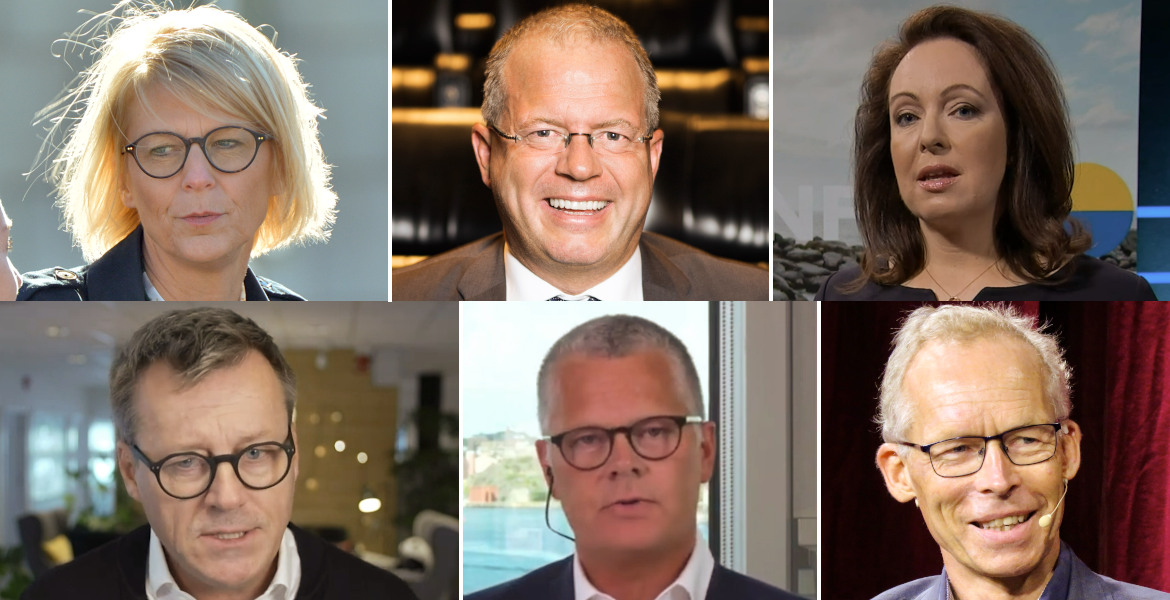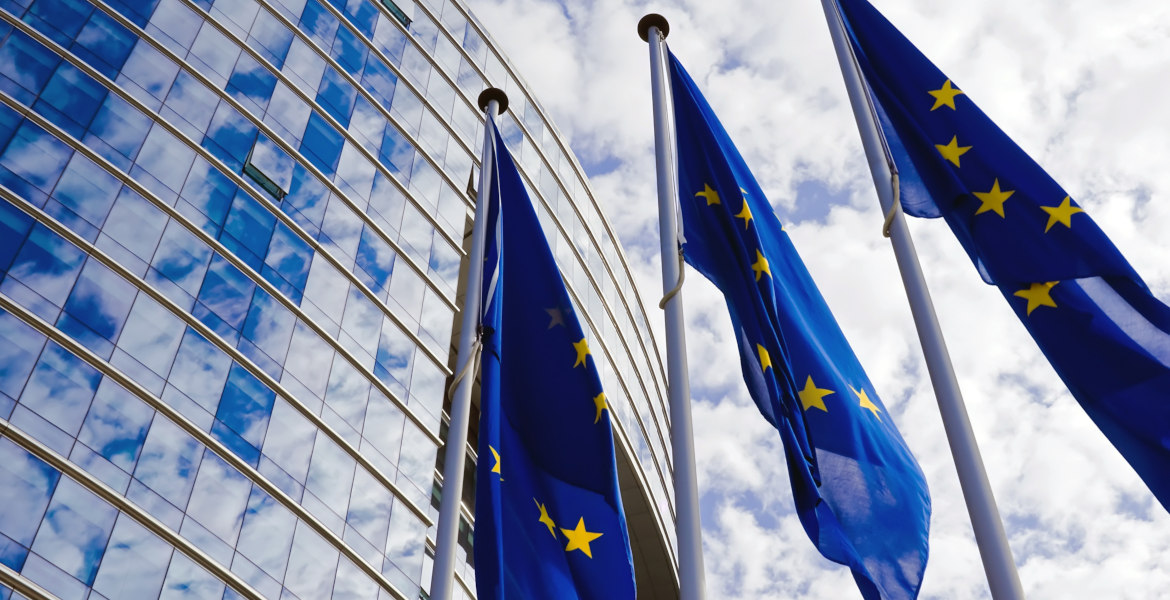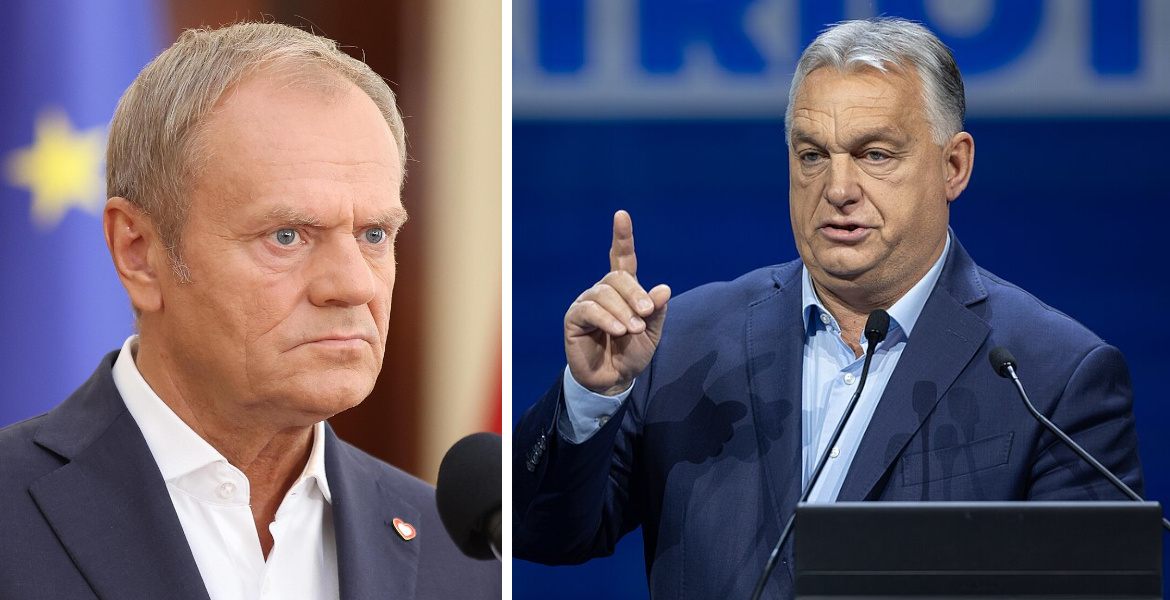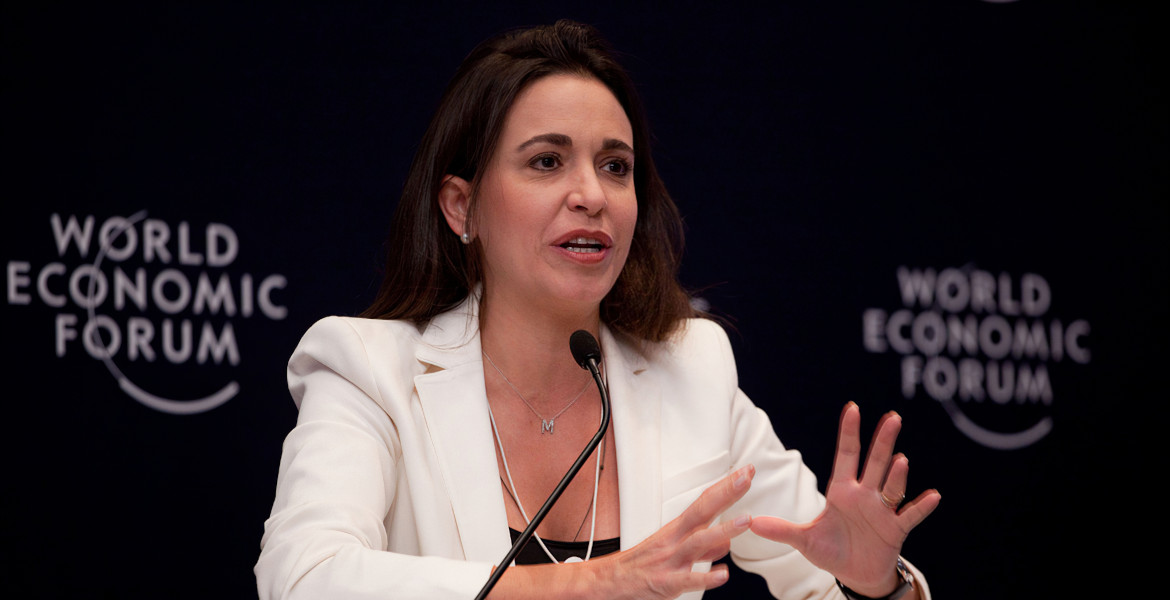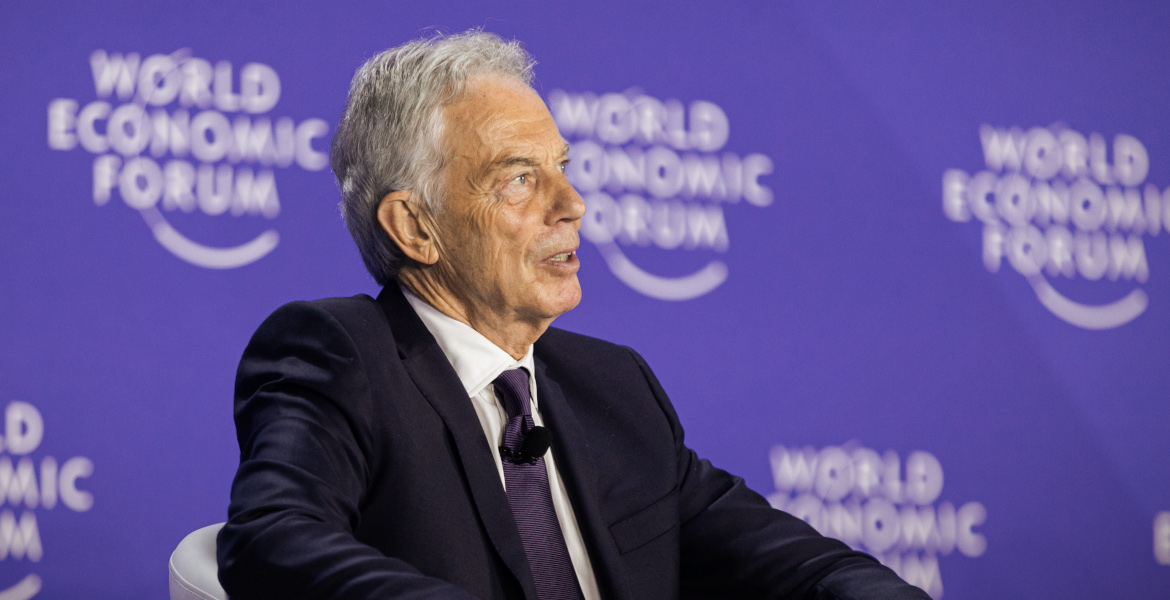The annual edition of the World Economic Forum's power conference in Davos began yesterday and runs through January 19.
As expected, the Swedish elite is represented on the list of speakers - this year including Finance Minister Elisabeth Svantesson (M), state power company Vattenfall CEO Anna Borg and car manufacturer Volvo CEO Martin Lundstedt.
This year's main theme is "Rebuilding Trust". Discussions and events will focus on "global security, job creation, climate initiatives and AI development".
Governments from more than 100 countries are expected to attend, along with more than 1,500 representatives from specially invited companies, organizations, activist groups, media and social entrepreneurs.
"Davos 2024 is the 54th Annual Meeting of the World Economic Forum. Under the theme Rebuilding Trust, the meeting aims to restore collective agency, and reinforce the fundamental principles of transparency, consistency and accountability among leaders", it says.

"How can we effectively deal with security crises, such as the current situation in the Middle East, while at the same time putting the floor under the structural forces of fragmentation? How can we identify areas where cooperation is essential to ensure a win-win scenario for all stakeholders?"
AI and climate
There will also be a strong focus on artificial intelligence and how it can become a "driving force for the economy and society".
"How can we use AI to benefit all? How is the divergent regulatory landscape balancing innovation with societal risks? How will AI interface with other transformative technologies, including 5/6 G, quantum computing and biotechnology?", they ask.
In addition, strategies will be developed on how to achieve "carbon-neutral and nature-positive world" by 2050 while "providing affordable, secure and inclusive access to energy, food and water" while trying to find out "how to balance these trade-offs to achieve social consensus".
Finance Minister present
Although the actual list of participants is not public and there is no real public transparency as usual, it is clear that several Swedish leaders will speak at the event. Probably best known to the Swedish public is Finance Minister Elisabeth Svantesson (M), who will speak under the title "Good Growth: Lessons From the Field".
"How can government and business overcome divergent priorities and contested models to balance growth with their citizens’ lives, happiness and well-being as a measure of success?", is the question she wants to help answer.

The CEO of the shipping company Stena Line, Niclas Mårtensson, is also on the list of speakers to discuss the following:
"In 2023, the High Seas Treaty was signed into force, marking the end of more than a decade of multilateral negotiations. This agreement provides for the global governance of 95% of the ocean volume, addressing pollution, overfishing, climate change and biodiversity loss. What are the implications for business and government in this new compact and how can stakeholders collaborate to exercise collective stewardship?"
IKEA, Vattenfall and Volvo
IKEA CEO Jesper Brodin will speak about "climate and nature" and the need to find a "systematic response" to combat alleged climate change.
"Leaders are increasingly called upon to transform the current growth and development models to better steward the global commons and serve humanity", the program says, among other things.
Vattenfall's CEO Anna Borg is also there to talk about how the state-owned company has spent $15 billion on developing "climate technology" and how it has received support from several of the most economically important countries.

"What are the lessons learnt and what lies ahead in the journey to speed up and scale these technologies?", are questions she will try to answer.
Volvo CEO Martin Lundstedt is in Davos to participate in a discussion on "climate action" and emissions reduction in the manufacturing industry, and how manufacturers can deliver new innovations and technologies to "successfully negotiate the green transition while maintaining growth".
Zelensky and Milei
WEF "agenda-setter" Johan Rockström, professor of earth system science, will also participate in a session that will once again focus on climate change and how global warming is supposedly threatening the economies of the Alps and everyone who lives there.
"There is an opportunity for government, business, sports and civil society to rally together to enhance the resilience of these ancient landscapes. What are the strategies and business models needed for the alpine industry to adapt and thrive under new climate realities?", is among the questions discussed in this session.
Other prominent international guests include Chinese Prime Minister Li Qiang, French President Emmanuel Macron, European Commission President Ursula von der Leyen, Argentine President Javier Milei, and the leaders of South Korea, Spain, Belgium, Colombia, Switzerland, and many other countries.

Ukrainian President Volodymyr Zelensky will also attend the conference - but no representative from Russia has been invited. The US will be represented by Secretary of State Antony Blinken, National Security Advisor Jake Sullivan, and other Senate representatives.
FN and NATO
The UN, IMF, World Bank, World Trade Organization and NATO also have their leaders or most prominent representatives there. It is clear that the World Economic Forum has become the major annual gathering of the global elite, attracting the very top and not just those "lower down" in the hierarchy.
It can also be noted that the security around the power conference will be very high - as many as 5000 soldiers will "protect" the participants and be stationed around Switzerland. While the Forum is expected to bear the bulk of the cost, the Swiss government is still spending around 35 million Swiss francs to guard the event.
Among other things, the air force will assist the "air police" and conduct surveillance flights in the area. There is also close cooperation with Austria and Italy to "ensure the safety of the airspace". The background is extensive protests from climate activists, among others, who last year protested against those in power in Davos with accusations of hypocrisy and lack of climate commitment.
